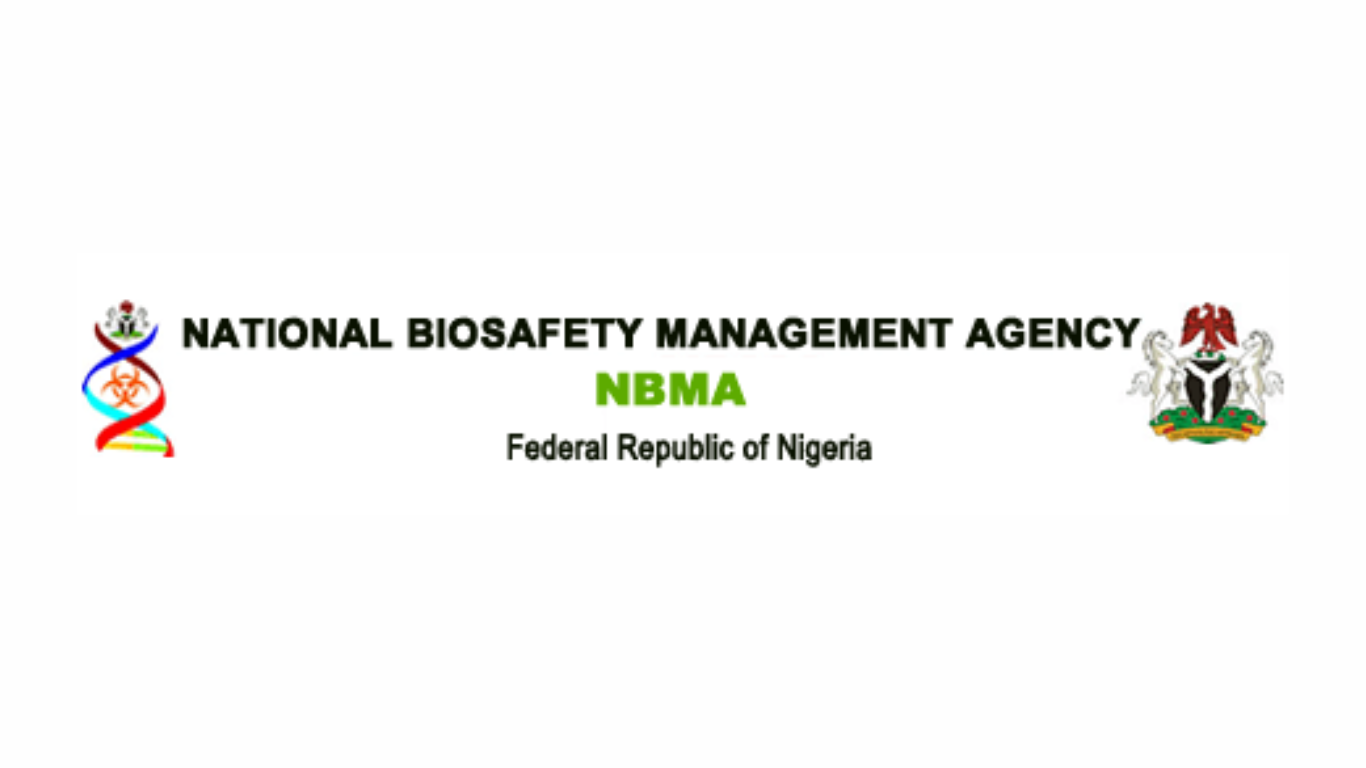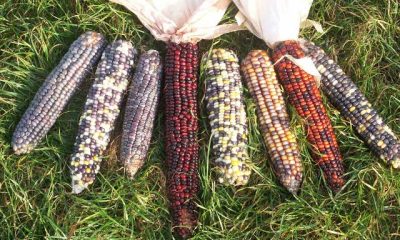
News
NBMA’s GMO Secrecy: TELA Maize Approval Shrouded in Mystery

(iexclusivenews) – In a startling development that has sent shockwaves through Nigeria’s agricultural sector, the National Biosafety Management Agency (NBMA) finds itself at the center of a growing controversy.
The agency’s failure to respond to a Freedom of Information (FOI) request regarding the safety assessment of TELA maize, a genetically modified crop, has raised serious questions about transparency and public safety in the nation’s GMO regulatory process.

The FOI Request: A Call for Transparency
On June 24, 2024, West Africa Weekly, a prominent media outlet, submitted an FOI request to the NBMA.
The request sought crucial information:
- Proof of risk assessment conducted for TELA maize
Detailed analysis supporting the crop’s safety for planting and human consumption
This request was made in accordance with the Freedom of Information Act of 2011, which mandates that public institutions must provide requested information within seven days.

However, the NBMA’s failure to respond has sparked concern and debate among experts and citizens alike.
READ MORE; See Photos As Fire Guts Ogun Trailer Park
“Olu Jacobs is alive,” Betty Irabor debunks death rumour
The TELA Maize Controversy: A Growing Public Debate
The approval and commercialization of TELA maize, a genetically modified seed variety, has become a focal point in the ongoing discussion about GMOs in Nigeria.
Several key factors have contributed to the controversy:
- Food Security Concerns: With Nigeria facing challenges in agricultural productivity, GMOs like TELA maize have been promoted as a solution.
Public Health Debates: Growing concerns about the potential long-term health effects of GMOs have led to increased scrutiny of regulatory processes.
Food Sovereignty: Critics argue that the introduction of patented GMO seeds could threaten Nigeria’s food sovereignty and traditional farming practices.
Government Claims vs. Public Skepticism
Despite the lack of publicly available risk assessment data, several government reports have declared TELA maize safe for human consumption.
This disconnect between official statements and the absence of supporting evidence has fueled public skepticism and calls for greater accountability.
The Gates Foundation Connection
Adding another layer to the controversy is the involvement of the Bill and Melinda Gates Foundation in funding the development of TELA maize.
This has raised questions about the influence of foreign entities on Nigeria’s agricultural policies and food system.
GMOs as “Edible Vaccines“: A Contentious Claim
Further complicating the debate, Ms. Rose Gidado, Director of the National Biotechnology Research and Development Agency (NBRDA), recently made headlines by describing GMOs as potential “edible vaccines.” This claim has been met with both interest and skepticism from the scientific community and the public.
Balancing Innovation and Caution
As Nigeria grapples with the complex issues surrounding GMO regulation and food security, several key points emerge:
- Transparency is crucial: The NBMA must address the FOI request and make risk assessment data publicly available.
Independent verification: Third-party experts should be involved in reviewing safety data for GMO crops.
Public education: Efforts must be made to inform citizens about the science behind GMOs, their potential benefits, and risks.
Regulatory reform: The incident highlights the need for stronger enforcement of FOI laws and more robust biosafety regulations.
A Turning Point for Nigerian Agriculture
The controversy surrounding TELA maize and the NBMA’s response to the FOI request represents a critical moment for Nigeria’s agricultural future. As the nation seeks to balance innovation with safety and tradition, the outcome of this debate will likely shape the country’s approach to GMOs and food security for years to come.
By demanding transparency and engaging in informed public discourse, Nigerians can play an active role in shaping the future of their food system and ensuring that agricultural innovations serve the best interests of all citizens.



















